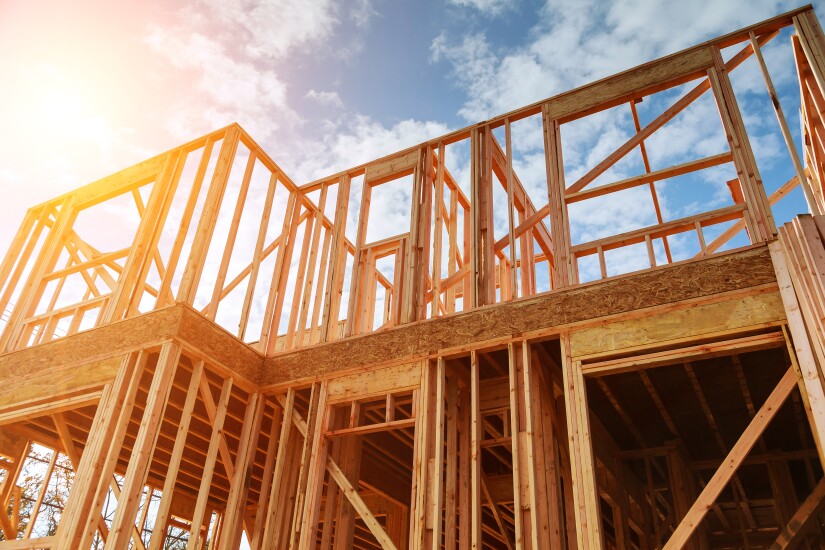Welcome back to "
But buying a home — even a smaller one — is not easy in today's economy. Housing prices have risen by 47% in the past 10 years, according to
But what if you had the chance not to buy a home, but to build one? An older woman in California believes she has enough savings to construct a small residence on her son's property. In her view, this would not only reduce her housing costs, but could also help her and her son care for her husband, whose health is deteriorating.
READ MORE:
Guiding her through her options is her financial advisor: Ralph Roy Ramirez, founder of
Dear advisors,
I'm a financial advisor in Yucaipa, California, and I could use some help guiding one of my clients through a complicated transition.
My client is an 81-year-old California woman who wants to downsize her home. She is in good health and very active, but her husband has dementia and requires full-time
To pay for this, she has about $300,000 saved up in two IRAs and two 457 deferred compensation plans. But here's the rub: This money could cover the construction, but not the taxes she would have to pay for making the withdrawals.
Is there any way around this? I know there are favorable tax treatments available for emergency expenses. What about for the construction of an ADU and home health care? Can you guide me?
Thank you,
Ralph Roy Ramirez
And here's what financial advisors wrote back:






